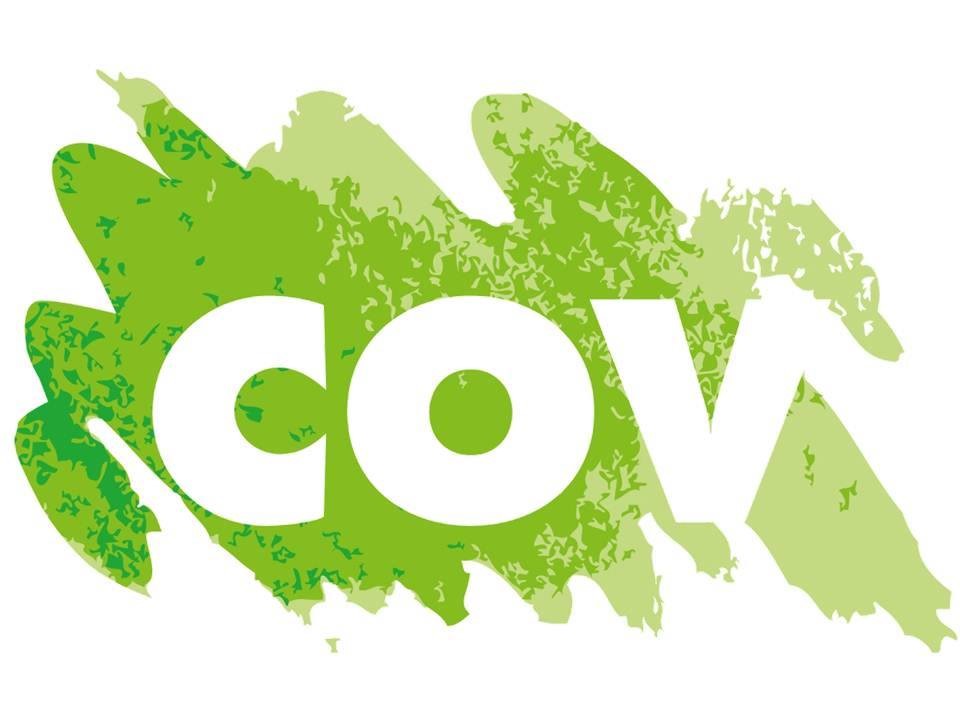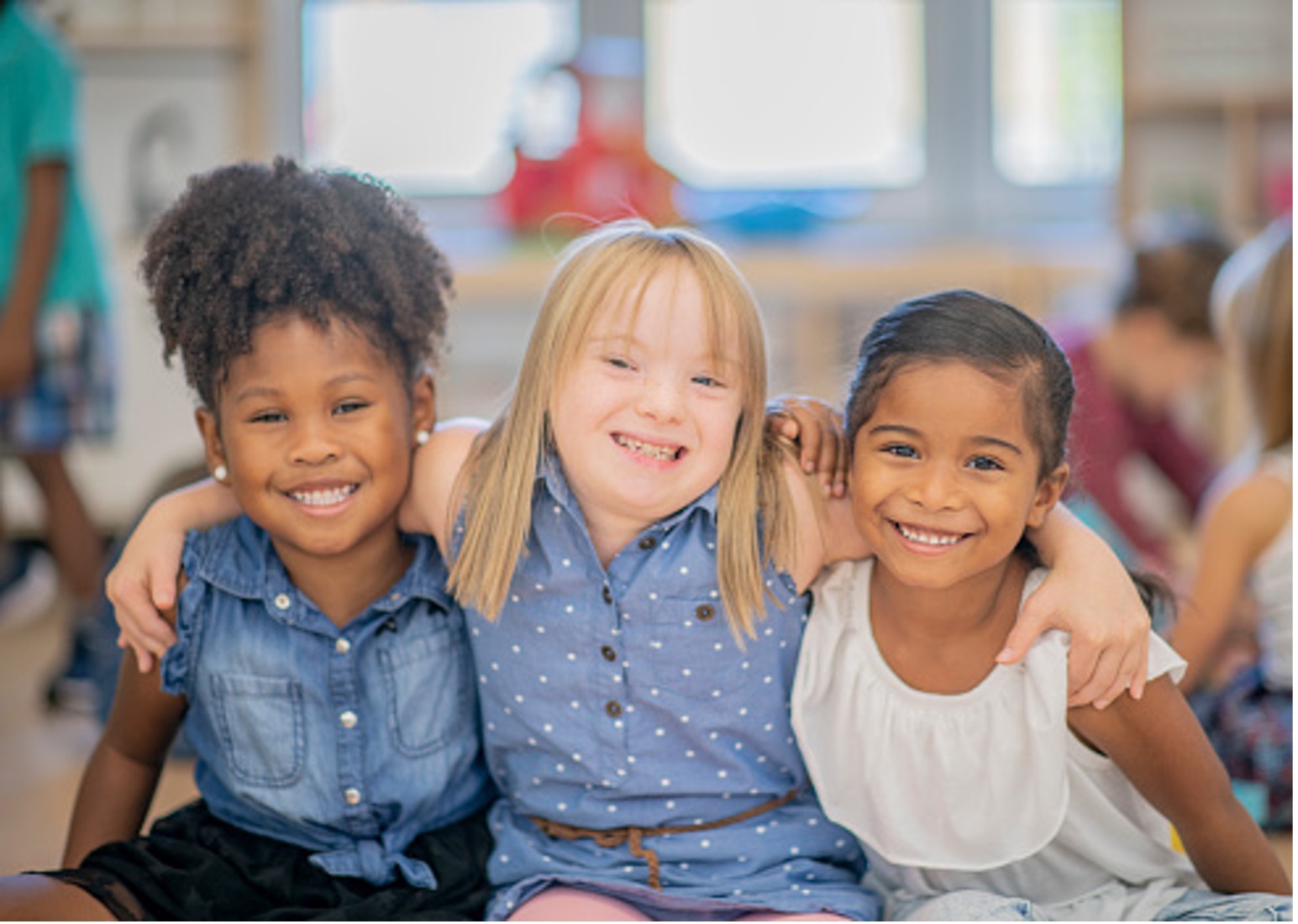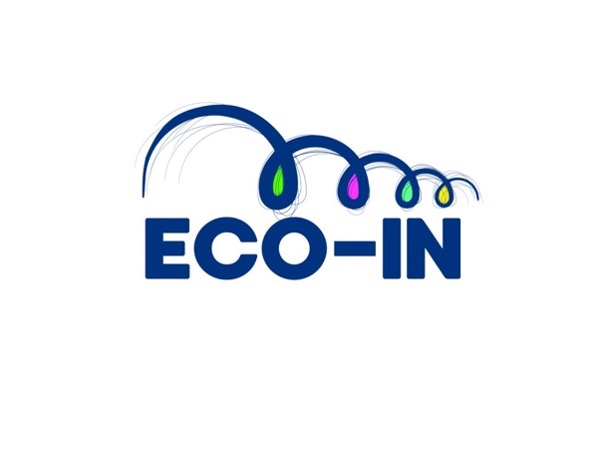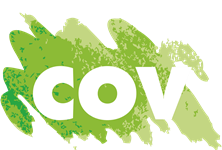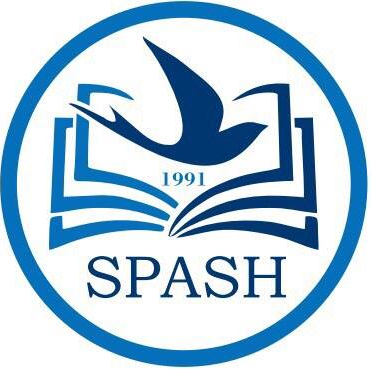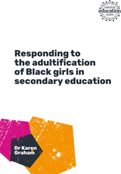Diversity in the union and within the education personnel
Internal practice
Norway
UEN
Inclusion in schools/education institutes, Inclusion in trade unions, Gender pay and pension gap, Gender equality in decision-making positions in education trade union, Gender-based violence and harassment, Gender equality in the wider labour market, Integration of LGBTI issues in curricula, Raising awareness and understanding on LGBTI issues, Inclusion of students with special needs, The physical (classroom and school) environment, Targeted support for education personnel from migrant/refugee background and ethnic minority groups, Inclusion of members from migrant/refugee background and ethnic minority groups in trade union work
Legislation/policy/strategy/funding, Initial and continuous professional development of teachers, academics and other education personnel, Publication, Research/collection of data, Trade union actions (e.g. demonstration, strike), Gender equality/equality structure within trade union
Early-childhood/Pre-primary education, Primary education, Secondary education, Vocational education and training, Higher education
Teachers/trainers, Trade Union members
